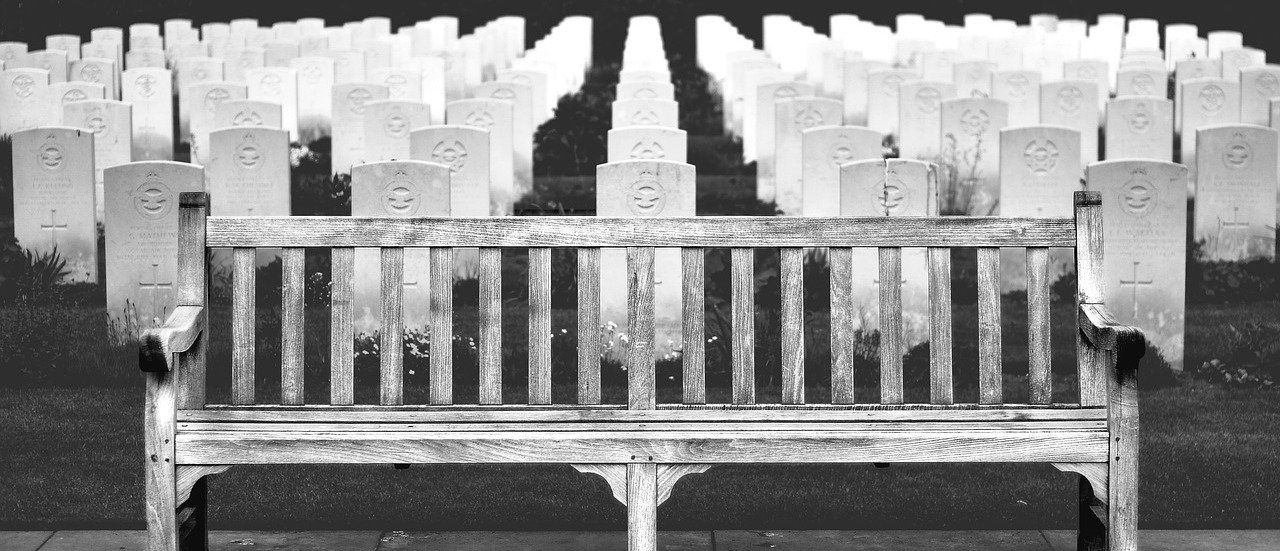
Anyone who has lost a parent knows it's an overwhelming experience laden with grief and pain. There's also a certain degree of stress involved, especially when you're wondering what to do next.
What To Do Immediately After a Parent's Death
 Image Source: Pexels
Image Source: Pexels
What to Do In the Weeks After a Parent's Death
Looking Ahead
Should You Consider Planning Your Own Funeral?
You may notice that much of the stress involved with the passing of a parent revolves around making funeral and burial arrangements. What would your parent have wanted? How much should you spend to honor their legacy? To help their loved ones during this time, many people are planning their funerals in advance, to save money and ensure their final wishes are honored. By being proactive, you can save your children and family members from having to figure out what to do when you pass. In fact, planning your funeral now will help in taking care of many of the tasks we listed above. Find out more by downloading a free burial guide right now.

